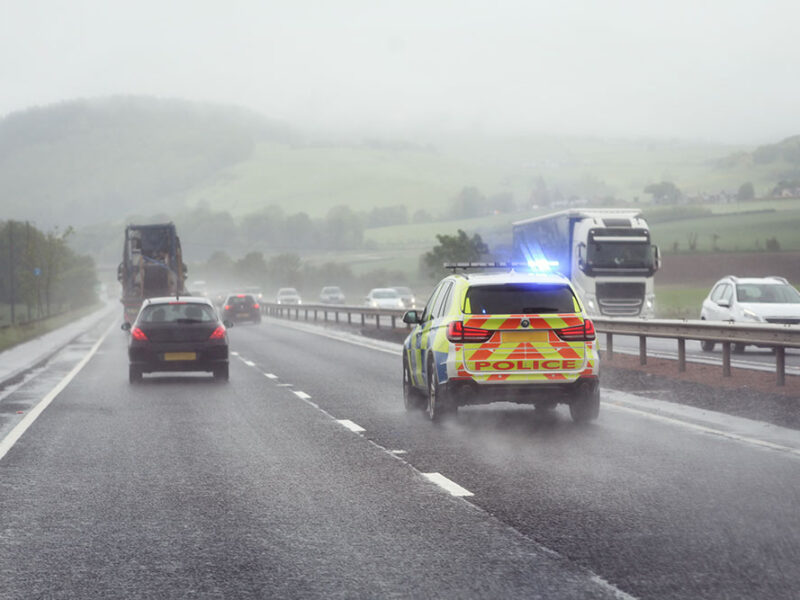The Coronavirus Job Retention Scheme ("CJRS") set up earlier in 2020 will be wound down by the Chancellor by October 2020. From 1st July 2020, employers have been able to implement flexible furlough arrangements including part-time arrangements. The rules of the CJRS state that the employer must however keep a new written agreement to record this variation to the terms of employment for each employee. It also requires the employer to pay the employees their salary for all full hours worked. The cap is still at present limited to £2,500.00.
Employers will also have to pay Employer National Insurance and Employer Pension contributions with effect from 1st August 2020. From 1st September 2020, employers will have to also pay 10% of wages with CJRS paying 70% for those employees who are still furloughed.
For those employers who are struggling to sustain pre-Covid business levels the ending of the CJRS could have a huge impact on maintaining their existing workforce. The advice is that every employer must review its business plan, establish which parts of the business is economically viable post CJRS, communicate and consult with its staff and inform them whether or not there will be redundancies or whether or not there will be a reduction to hours worked where there is reduced business levels. Many who have not already begun a redundancy process will not be contemplating their options where the business has little prospect of improving. If you need any legal advice in commencing a redundancy process please contact us and we will be able to offer practical and sensible advice to make sure you avoid any pitfalls.
Since 1st August 2020, individuals classified as being clinically vulnerable or clinically extremely vulnerable who have been shielding will be able to return to the workplace if they cannot work from home. As a business, you need to know what are the legal requirements placed on an employer to ensure that this category of vulnerable people is safe in the workplace and to avoid the risk of any claims under employment law. Firstly, from 1st August 2020, Statutory Sick Pay no longer applies to shielding workers. Those shielding can remain on furlough beyond August 2020 or can even be re-furloughed under the CJRS if they have previously been furloughed for a full three-week period before 30th June 2020.
Where this category of vulnerable individuals is to return to the workplace, and employer would be prudent to undertake a full risk assessment. The questions to ask are:
- What reasonable adjustments do you need to make?
- What is the cost of this on the business?
- Is there any other solution to bringing this particular individual back to the workplace?
For employers, failure to make the right decision could potentially lead to claims for discrimination, breach of Health & Safety legislation, potential whistle-blowing claims and so forth.
If you need any help or advice to avoid these pitfalls then please contact Simonne McIvor on 01279 818280 or click here to send an email. We are here to help.

More News and Insight

Abnormal Loads – Calls for Changes to Law for Abnormal Loads Needing Police Escorts
Recently in the trade press there have been articles reporting calls from the UK’s Heavy Transport Association (HTA) for the law to be changed regarding police escorting of abnormal loads….

DVLA Confirms New Rules for Professional Drivers Living with Diabetes
From Friday 7th November 2025 the rules were changed to allow diabetic drivers of PSV’s and HGV’s to monitor their glucose levels using Continuous Glucose Monitoring Systems….

Carrying Your Own: Horses to Widgets? Do you Need an O Licence?
The DVSA recently released a press release about the rules for transporting horses in horse boxes and trailers following an update on the guidance about using a tachograph in the vehicle being used to transport the animals…

The Senior Traffic Commissioner’s Statutory Guidance
The value of The Statutory Guidance Documents and the importance to operators, nominated transport managers and other professionals involved in the operation and driving of large commercial vehicles cannot be overstated…

Walkaround Checks – Where Road Safety Starts
Every day, often before the sun is above the horizon, hundreds of thousands of commercial vehicles are started up by their drivers and then they head out on to the UK’s road network to transport goods or passengers from one point to another, often with demanding time constraints thrown into the mix…

Traffic Commissioner’s Annual Report 2024/25: “Don’t Look Back in Anger”
Time has flown by and once again we find that the schools are back after the long summer break and the Office of the Traffic Commissioner has issued its annual report to the Secretary of State, providing a review of the year…

An Apple a Day to Keep the DVLA Away – A review of the DVLA’s Rules on Health Checks for Professional Drivers
There has been some discussion in the industry trade press recently that has highlighted proposed changes to how the disease of diabetes is monitored in professional drivers by the DVLA. One article in RouteOne Magazine stated that…

Light Goods – Heavyweight Industry: The DVSA’s New LGV Strategy
While relatively small in overall physical size light goods vehicles (LGVs) are now a large part of the UK road transport industry. There are currently estimated to be over 5.1 million light goods vehicles on UK roads today…

Employment Law Update – A tale like Scylla & Charybdis
Operators currently face their own real time nightmare in the form of a modern day version of the Greek mythological tale of Scylla and Charybdis (where sailors faced a narrow strait through which they had to pass which had a monster on one side and a whirlpool on the other!)…

Labour Government – Employment Rights Bill – What Will It Mean for Transport Businesses?
In October 2024 the Deputy Prime Minister, Angela Rayner set out her intention to reform the employment rights held by employees in the UK. In a press release issued at the time she is quoted a saying…

Revisiting the DVSA’s Guide to Maintaining Roadworthiness
In April 2025 the Driver & Vehicle Standards Agency (DVSA) issued the latest edition of its Guide to Maintaining Roadworthiness.

The Wheels on the Bus go Round & Round….but how do they Stop?
At the tail end of 2024 a Public Inquiry was held in front of Traffic Commissioner Kevin Rooney where the subject of brake maintenance practices was called into question…
